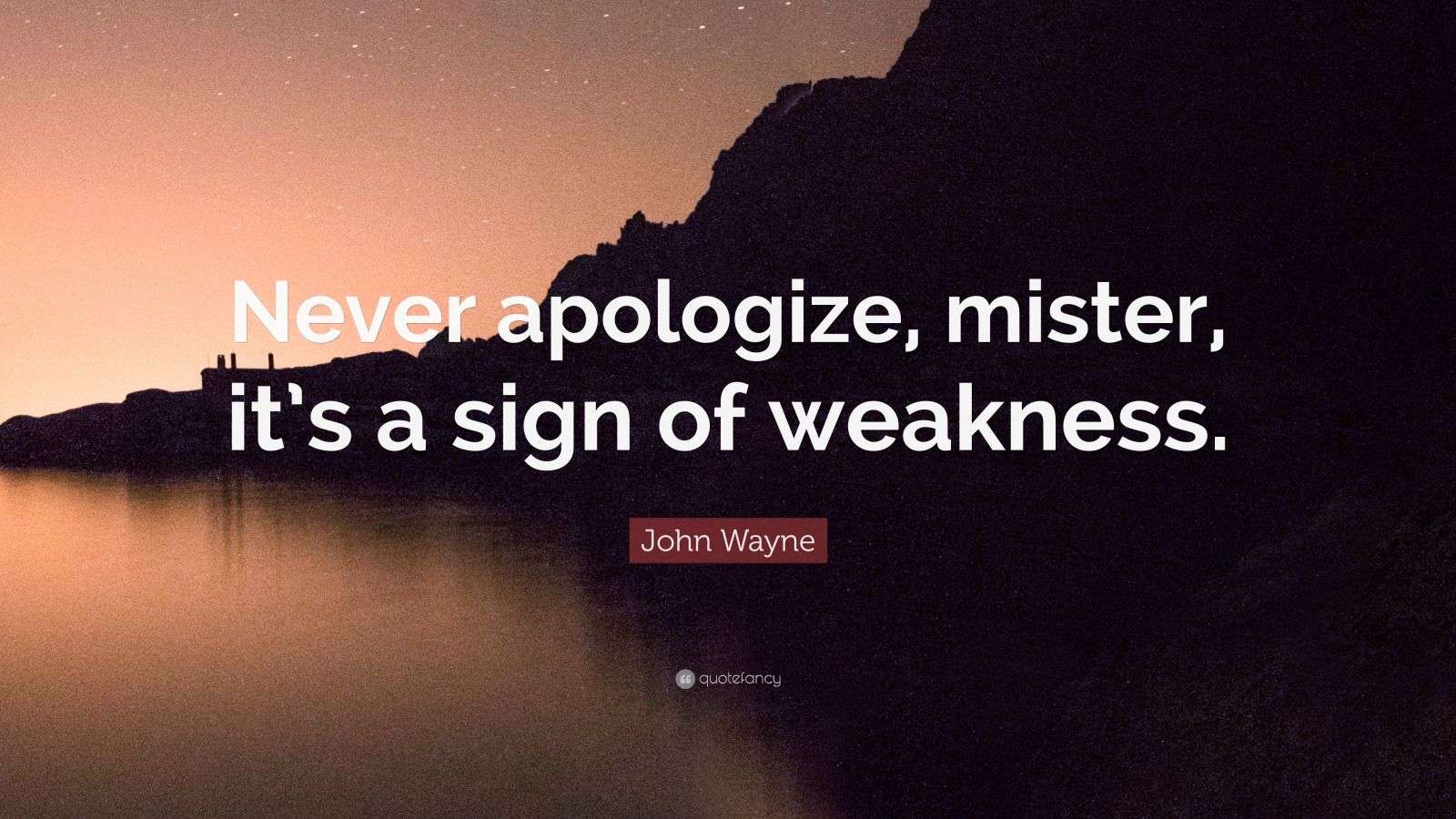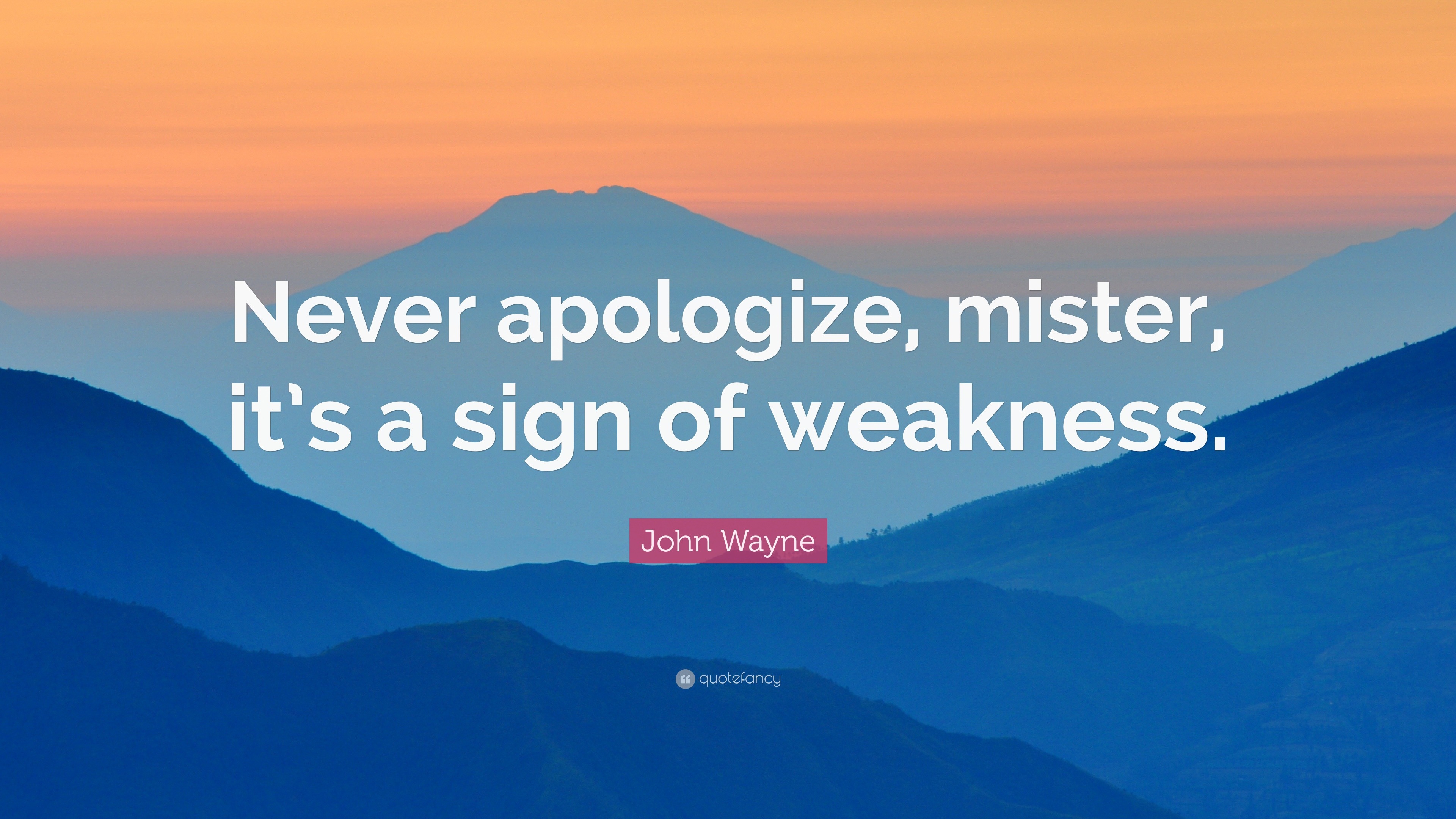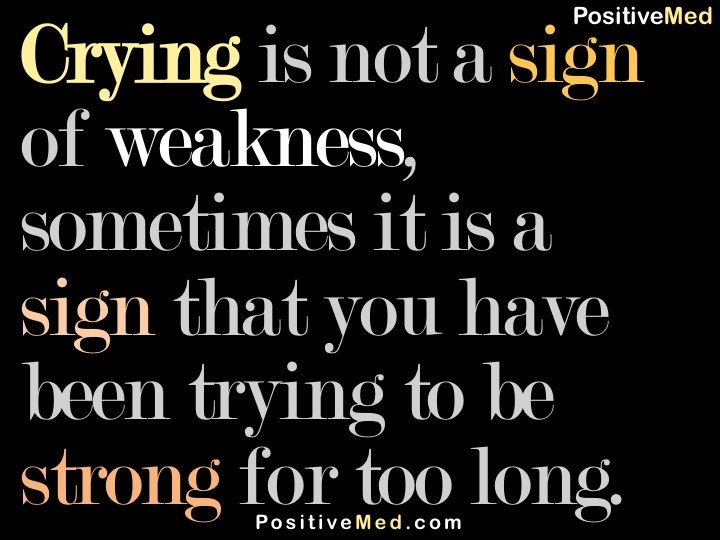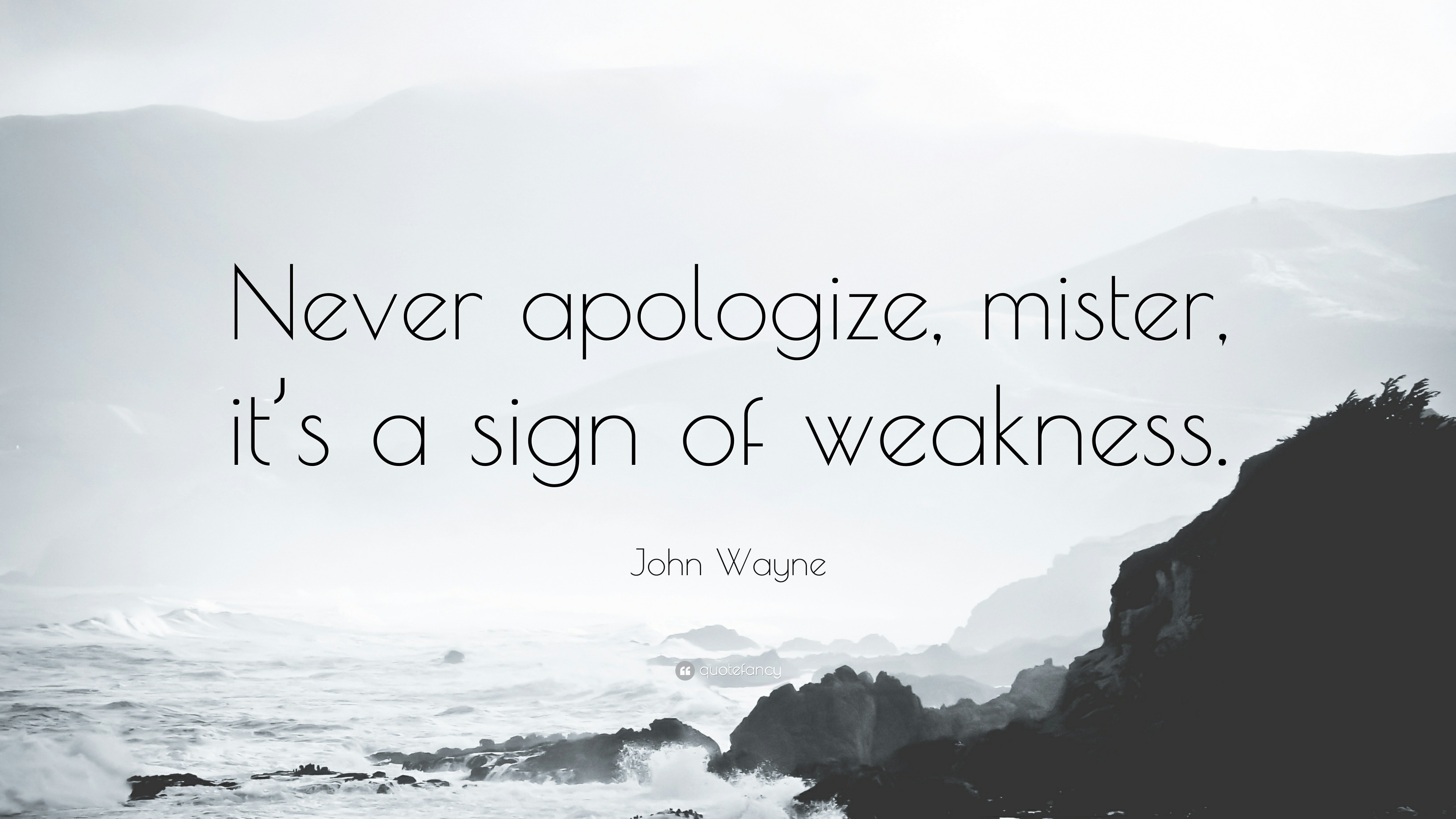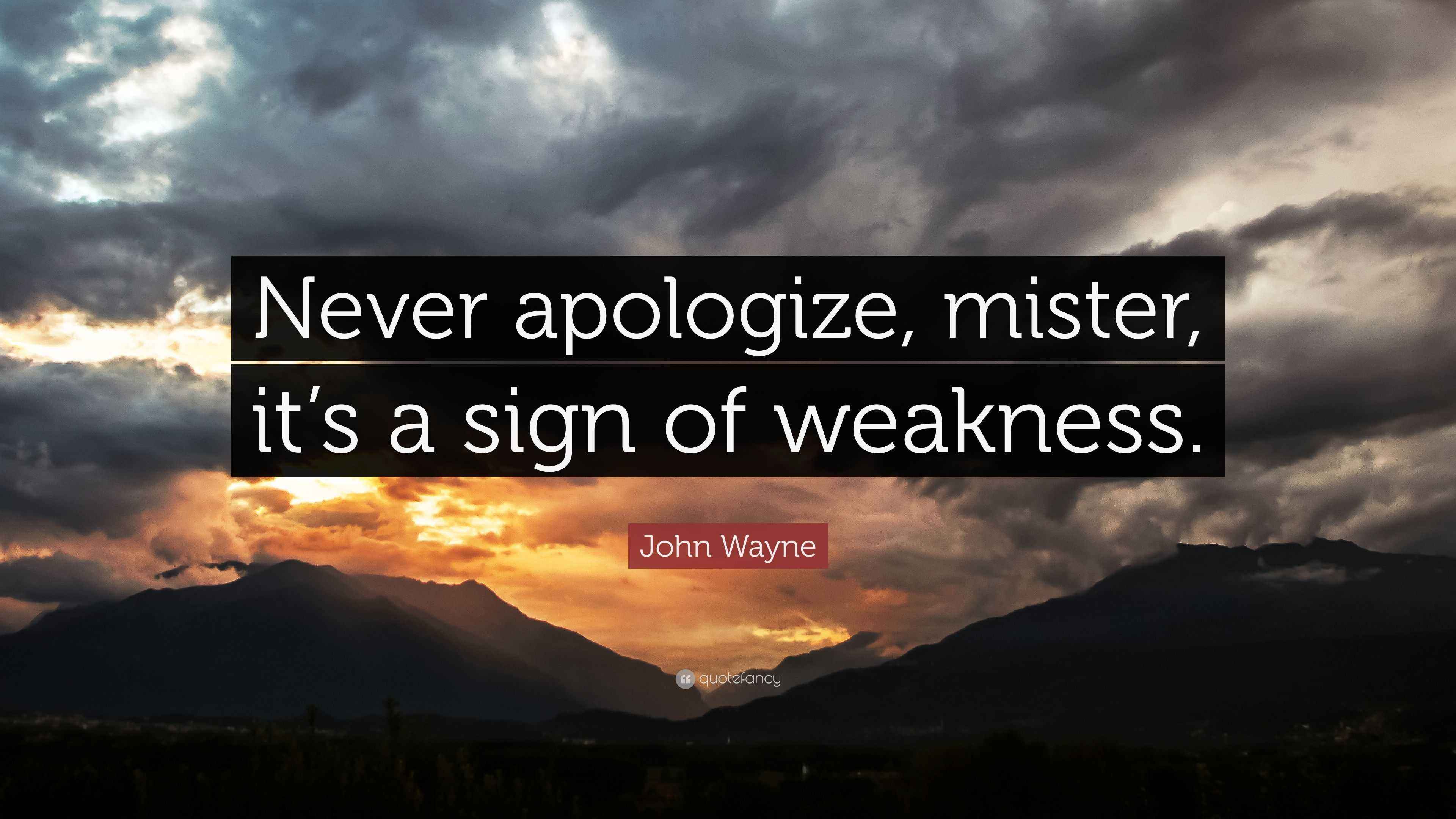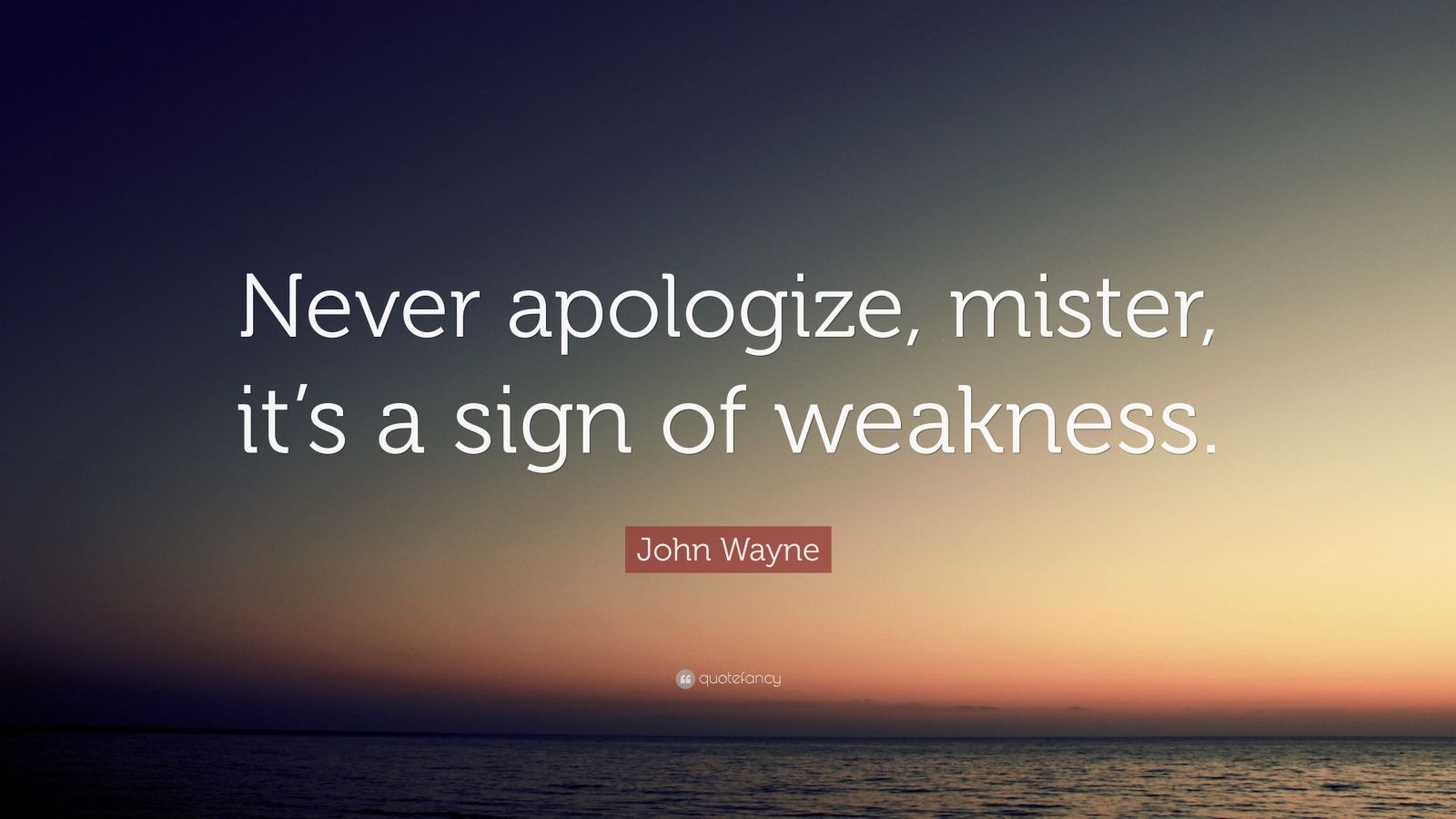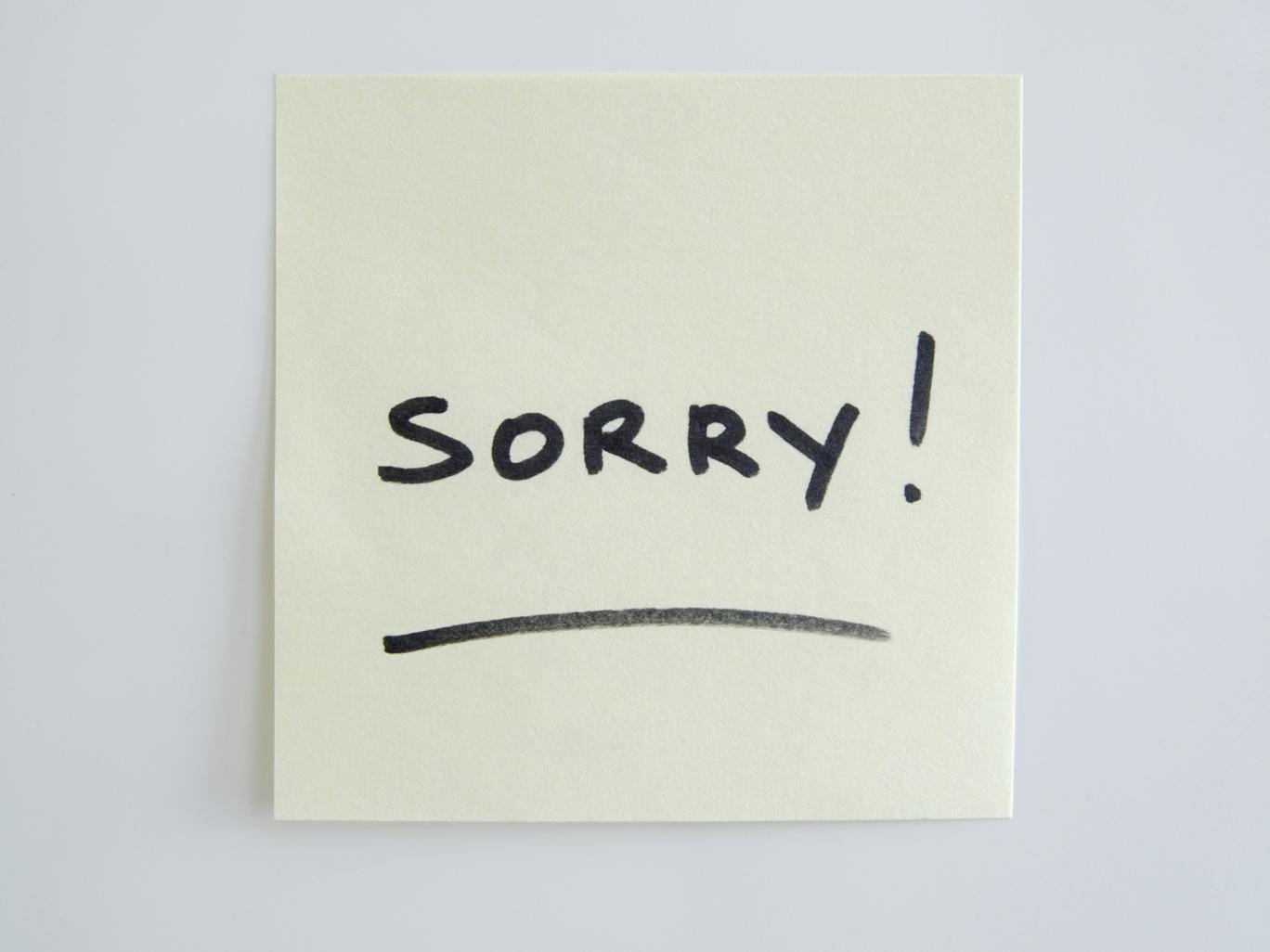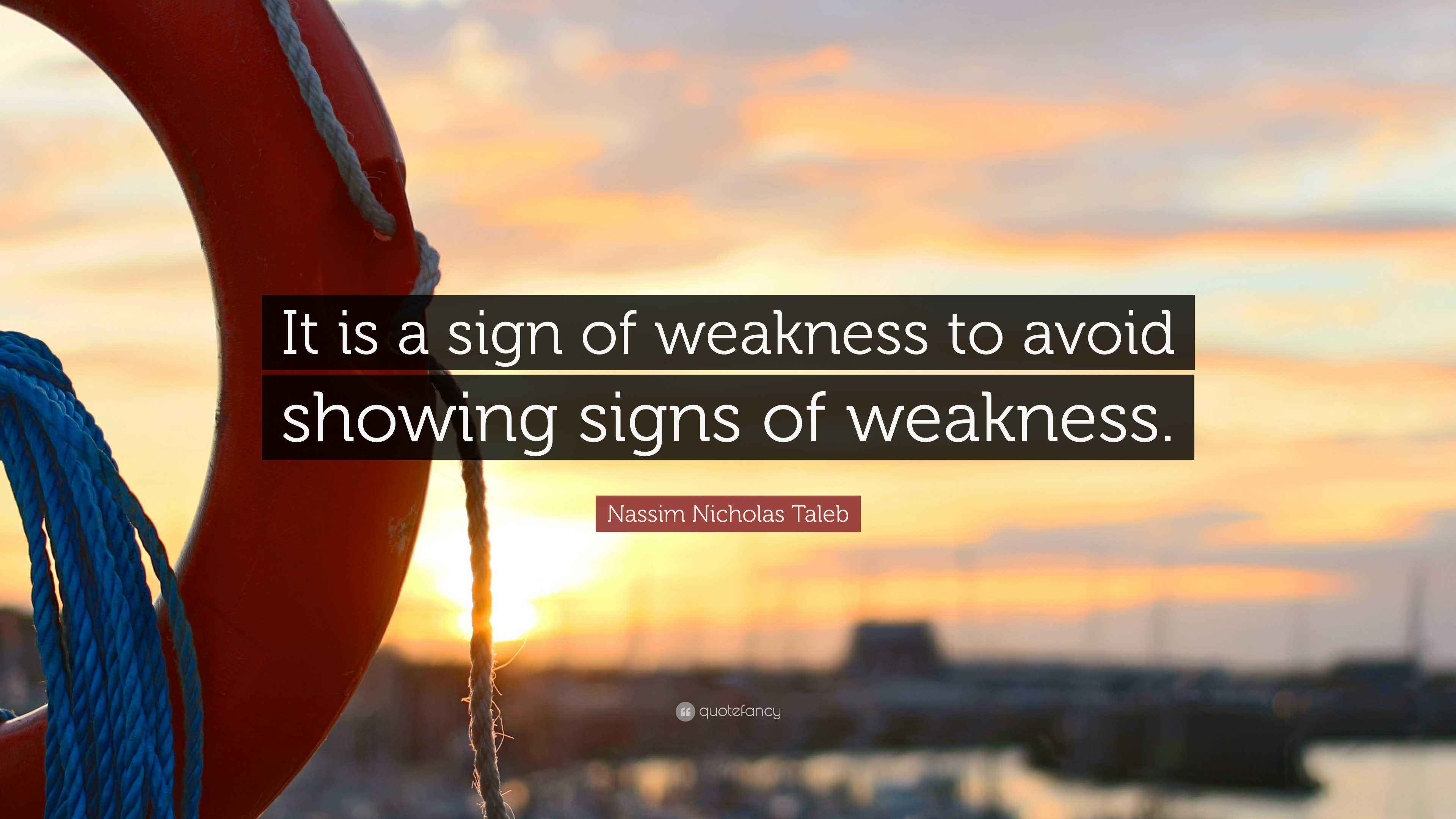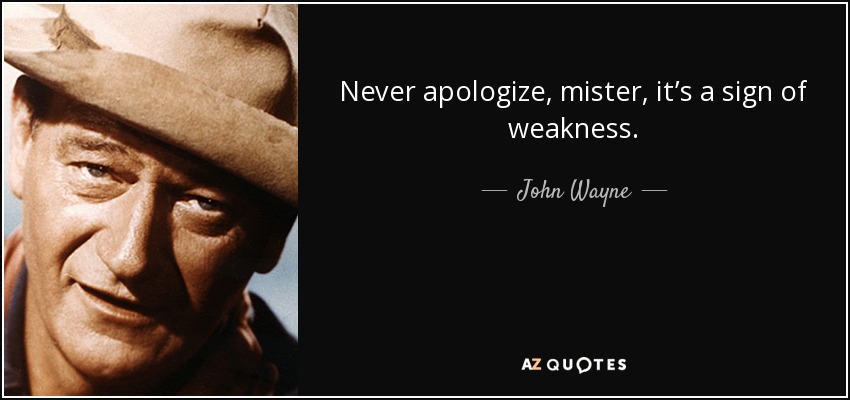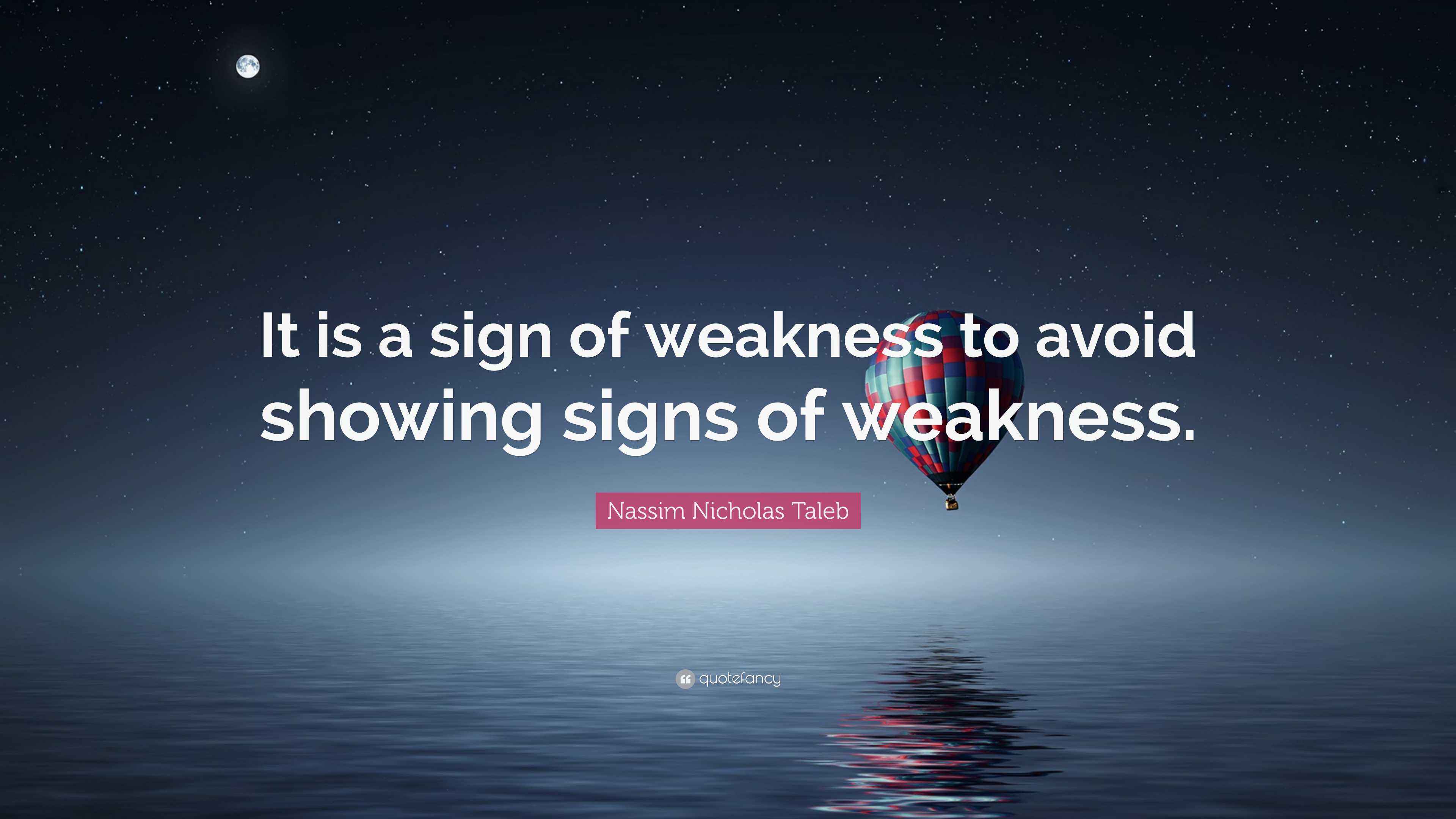Is Saying Sorry A Sign Of Weakness

The scent of freshly brewed coffee mingled with hushed whispers filled the air at "The Daily Grind," a local cafe known for its thought-provoking discussions. Two friends, Sarah, a budding entrepreneur, and Mark, a seasoned lawyer, were locked in a spirited debate. The topic: whether uttering the simple phrase, "I'm sorry," signifies weakness or strength.
At the heart of this debate lies a common misconception. Many believe that apologizing exposes vulnerability and opens the door to exploitation. However, a deeper look reveals that a sincere apology, far from being a sign of weakness, is a powerful tool that fosters connection, builds trust, and ultimately demonstrates emotional intelligence and inner strength.
The Misconception: Apologies as Admission of Defeat
The idea that saying sorry equates to weakness often stems from a fear of appearing fallible. In competitive environments, admitting fault might be perceived as a disadvantage, potentially damaging one's reputation or career prospects. This fear is amplified by societal pressures to project an image of unwavering confidence and competence.
History offers examples of leaders who avoided apologies, fearing it would undermine their authority. This mindset, however, can backfire. Refusing to acknowledge mistakes can erode trust and create resentment, ultimately weakening leadership rather than strengthening it.
The Power of a Genuine Apology
In contrast, a genuine apology, characterized by sincerity, empathy, and a commitment to rectify the situation, can have profound positive effects. Dr. Harriet Lerner, a renowned psychologist and author of "Why Won't You Apologize?", emphasizes the importance of taking responsibility for one's actions without making excuses or shifting blame.
According to research published in the "Journal of Positive Psychology," apologies can significantly improve interpersonal relationships. Studies show that individuals who offer sincere apologies are perceived as more trustworthy and compassionate.
A well-crafted apology typically includes several key components. First, an explicit expression of regret for the harm caused. Second, an acknowledgment of responsibility for the action. Third, an offer of amends or a commitment to prevent similar incidents in the future. Finally, empathy for the affected party’s feelings is essential.
Apologies in Different Contexts
The significance of apologies varies across different contexts. In personal relationships, a heartfelt apology can mend broken trust and strengthen bonds. Marriage and family therapists often highlight the role of apologies in resolving conflicts and fostering intimacy.
In the workplace, apologies can improve team dynamics and enhance communication. Leaders who are willing to admit their mistakes create a culture of psychological safety, encouraging employees to take risks and learn from their errors. A 2018 study by Harvard Business Review found that leaders who apologize effectively are perceived as more ethical and trustworthy.
Even in legal contexts, apologies can play a crucial role. Some jurisdictions have enacted "apology laws," which protect apologies from being used as evidence of liability. These laws aim to encourage open communication and facilitate resolution in cases of medical malpractice or other negligence claims.
Beyond Words: The Importance of Action
While words are important, a true apology extends beyond mere pronouncements. It involves taking concrete steps to rectify the harm caused and prevent future occurrences. This may involve making amends, offering compensation, or changing one's behavior.
As Maya Angelou famously said,
"I've learned that people will forget what you said, people will forget what you did, but people will never forget how you made them feel."This quote encapsulates the essence of a meaningful apology: it's about acknowledging the impact of one's actions and demonstrating a genuine commitment to repair the relationship.
A Shift in Perspective
Perhaps it's time to reframe our understanding of apologies. Instead of viewing them as signs of weakness, we should recognize them as acts of courage and emotional maturity. Embracing vulnerability, taking responsibility for our actions, and demonstrating empathy are all hallmarks of strong character.
In the cafe, Sarah and Mark concluded their discussion with a newfound appreciation for the power of apologies. They realized that saying sorry is not about diminishing oneself, but about building bridges, fostering understanding, and ultimately, becoming a better version of themselves. And who knows, maybe their next debate will revolve around the perfect roast for an apology-inspired coffee blend.
